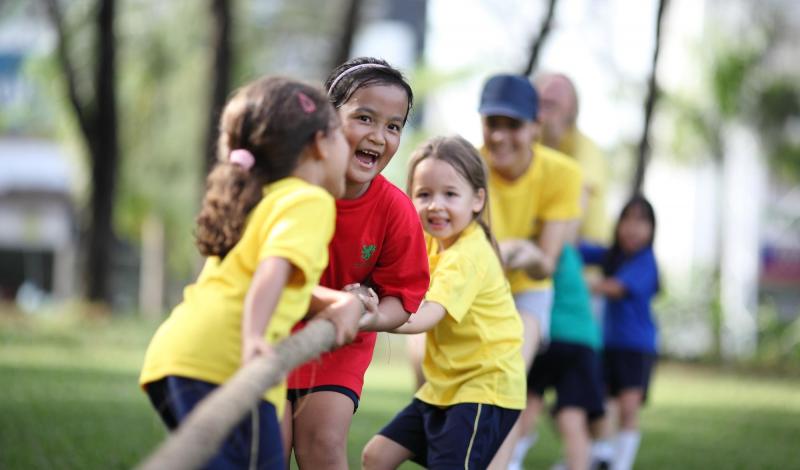The Benefits of Outdoor Learning for EYFS
We believe that it is essential that young children get frequent and regular opportunities to explore and learn in the outdoor environment and this should not be seen as an optional extra.
The current Early Years Foundation Stage Curriculum, which covers children, aged from birth to the end of Reception year, places a strong emphasis upon the importance and value of daily outdoor learning experiences, which help link children learning in the classroom to the outdoors. In recent times, there has been a culture change, which has minimised the access and use of the outdoors for many children. One of the biggest contributing factors is that of technological advances leading to an increase in sedentary indoor activities such as video games, television and iPads. Although these advances have many benefits, it also comes at a cost to a child’s health, energy and enthusiasm. Here are some important aspects and benefits to learning outdoors.
- Learning outside the classroom supports the development of healthy and active lifestyles by offering children opportunities for physical activity, freedom and movement, and promoting a sense of well-being.
- Learning outside the classroom gives children contact with the natural world and offers them experiences that are unique to outdoors, such as direct contact with the weather and the seasons.
- Playing and learning outside also helps children to understand and respect nature, the environment and the interdependence of humans, animals, plants, and lifecycles.
- Outdoor play also supports children’s problem-solving skills and nurtures their creativity, as well as providing rich opportunities for their developing imagination, inventiveness and resourcefulness.
- Children need an outdoor environment that can provide them with space, both upwards and outwards, and places to explore, experiment, discover, be active and healthy, and to develop their physical capabilities.
- For many children, playing outdoors at their early years setting may be the only opportunity they have to play safely and freely while they learn to assess risk and develop the skills to manage new situations.



